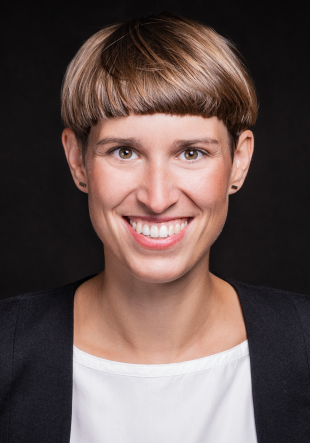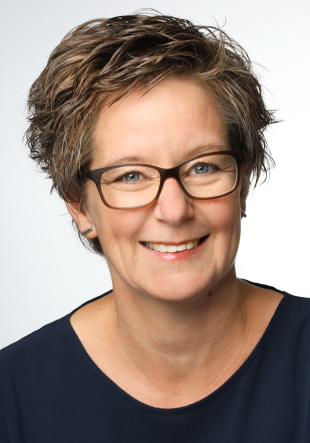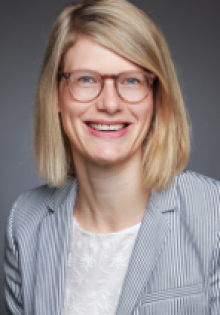Paderborn University to participate in the initiative
Last week, the Standing Conference of the Ministers of Education and Cultural Affairs of the Länder in the Federal Republic of Germany (KMK) approved a comprehensive ten-year plan to improve mathematics education in Germany. The consortium’s “QuaMath – Improving the Quality of Teaching and Training in Mathematics” programme comes in response to the problem that just under half of all young people are achieving the levels of mathematical competence set out by the KMK in its regulatory standards, and aims to develop and implement pioneering changes to enhance the quality of mathematics teaching. The programme will be devised by the German Centre for Mathematics Teacher Education (DZLM) at the Leibniz Institute for Science and Mathematics Education (IPN) and implemented in co-operation with the federal states. As a university location in the DZLM network, Paderborn University will be participating in the initiative.
The ten-year plan aims to reach more than 10,000 schools, with curriculum development ideas and didactically sound training measures and by networking all participants. The DZLM is to receive funding for its initiative to the tune of approximately €17.6 million for the first five and a half years, starting in 2023. The federal states will invest a further €5.5 million annually for federal state co-ordination activities and facilitators.
Paderborn University has been involved in the DZLM network since its inception in 2011. As part of the network, the university has, among other activities, helped co-develop qualifications and implement these in co-operation with educational institutions in various federal states, as well as regionally in co-operation with the respective local government authorities and schools. Paderborn Professor Rolf Biehler, now retired, is a member of the DZLM board. Paderborn University will be represented in the QuaMath project by DZLM network associates Junior Professor Julia Bruns, Professor Häsel-Weide and Professor Lena Wessel.
For the research-based design of training concepts, defined quality criteria for good mathematics teaching, from preschool to “Abitur” (A-level) level, will be used as the basis for devising the programme. To help teachers further develop their teaching, typical learning paths and common problems here will be examined, and training and support programmes tailored to address these issues. The insights gained will also be leveraged to help train the facilitators who assist and support school networks with their curriculum development.




